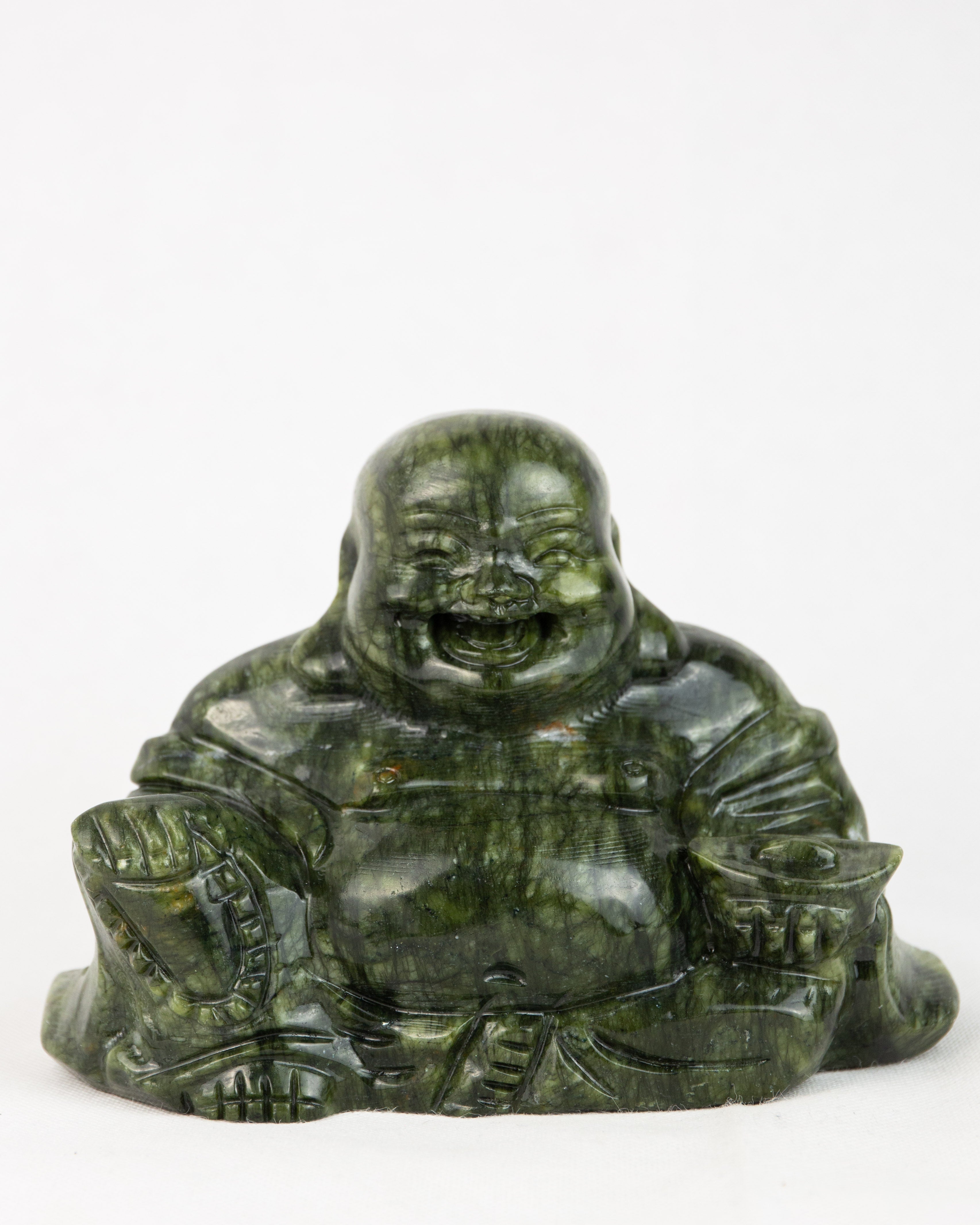The "Fat Smiling Chinese Buddha", often known as the Laughing Buddha, has a rich symbolic meaning — especially in Chinese and East Asian culture. Here's a breakdown of his meaning and spiritual significance:
🎋 Who is the Laughing Buddha?
He’s not the same as the historical Buddha (Siddhartha Gautama), but a folkloric figure named Budai (布袋) in Chinese or Hotei in Japanese. Budai was a Zen monk who lived around the 10th century, known for his joyful nature, big belly, and ever-present smile.
✨ Symbolism & Meaning
😄 Happiness & Joy
The Laughing Buddha represents contentment, light-heartedness, and a carefree life. His smile is believed to uplift the energy of any space.💰 Abundance & Prosperity
His round belly and sack of treasures symbolize wealth, luck, and material abundance. He is often seen surrounded by coins, gold, or children.🧘 Spiritual Fulfillment
He reminds people to let go of attachment and ego — to laugh more, stress less, and embrace simplicity.🤲 Good Fortune
In Feng Shui, placing a Laughing Buddha in your home or shop is believed to invite good luck and positive energy.
📍 Where to Place a Laughing Buddha (Feng Shui Tip)
-
Near the entrance: to welcome wealth and joy
-
In your living room or office: for positive energy and success
-
Never in the bathroom or on the floor

